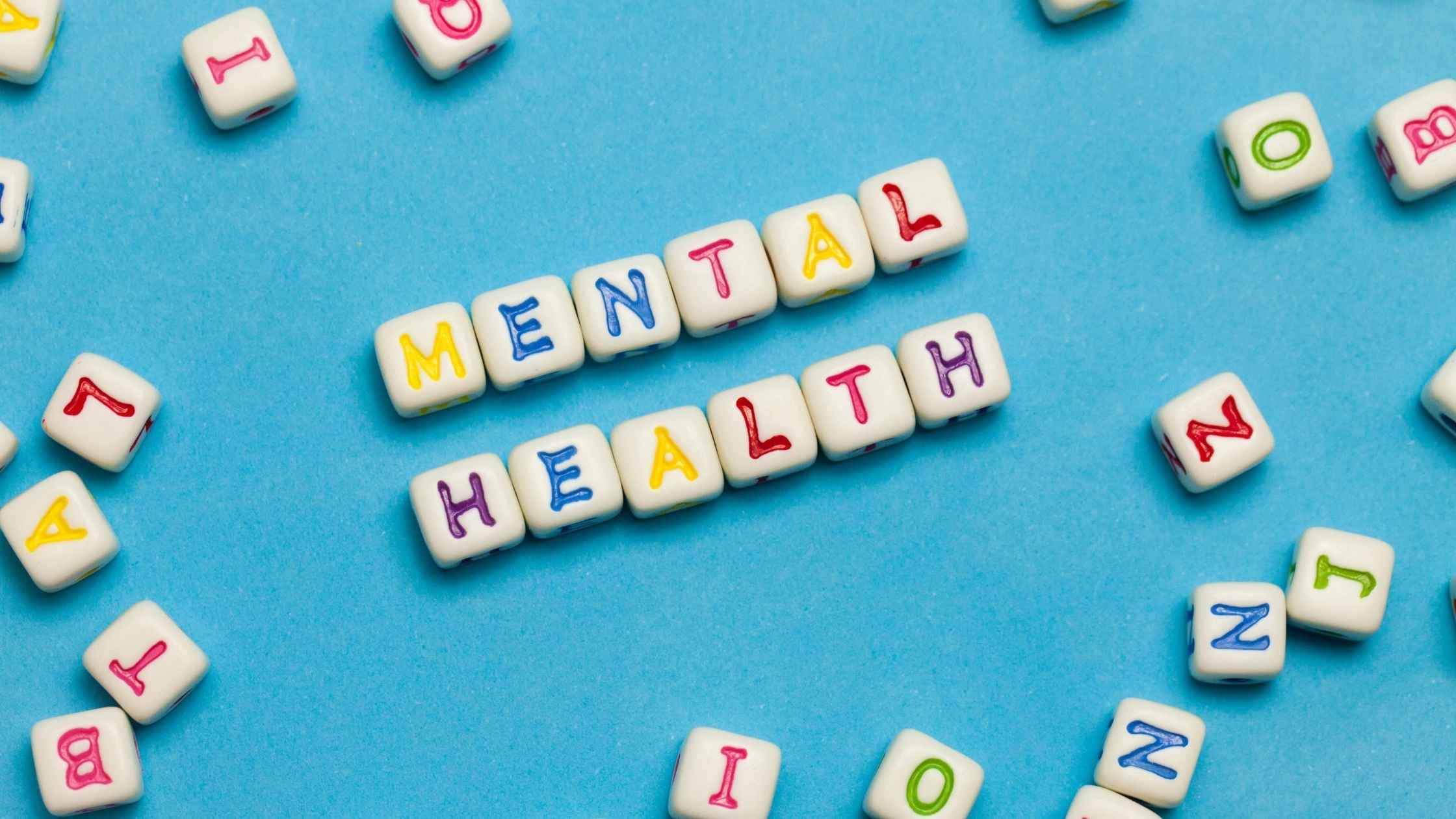

Although the pandemic may seem like something we are “used to” at this point, we cannot underestimate its impact on our lives, our children’s lives, our relationships, our finances, our health and our mental well-being. The conversations around mental health and its importance has garnered a lot of momentum over the last two years. Governments, institutions and corporates have all understood that mental health awareness and services must be normalised within various organisational spaces.
Learners have been at the receiving end of so much these past two years, from losing out their first years of school, to constantly changing examination dates, to uncertainty of a future which might never look the same again and in some unfortunate cases the loss of a parent or loved one. It’s been hard for everyone to cope with the demands and personal losses we have all faced during this time.
But human nature is hardwired to persist and to persevere as we are not unfamiliar with hardships and adversity. The true test lies in building resilience within our learners no matter what age they are at and this can be done only by helping our learners process their thoughts and emotions so that they can gain a better understanding of the circumstances around them.
A school based mental health curriculum conducted by a trained mental health professional like a school counsellor or psychologist can add value and play a pivotal role when it comes to educating, developing and maintaining wellness practices. Schools have the opportunity to teach learners about their thoughts, emotions and beliefs from a young age. Young learners can learn how to recognise difficult emotions and learn healthier ways to express, cope and manage them. This also helps influence their behaviour, their choices and their social abilities to deal with relationships and solve conflicts. Teaching our learners these life skills also makes them more empathetic towards their peers and family members.
At TABIS, we have a mental health curriculum called Minds Matter that runs alongside our academic curriculum for all our learners from grades 1 to 12. The curriculum is intricately designed to encompass various aspects of emotional intelligence like self-awareness, emotional management and understanding relationships. The curriculum helps and teaches learners important wellbeing strategies they can use in everyday life; like self-reflection, mindfulness and grounding.
The curriculum also creates space for sensitive conversations around relationships, bullying, sexuality, death, peer pressure, consent,sibling rivalry, influence of social media, addiction and disorders. What makes Minds Matter unique is it helps create awareness and sensitise the learners around mental health challenges faced by children today. It guides the learners on what mental challenges may look like and how they can affect an individual. Most importantly it encourages them to seek help from a mental health professional whether it’s their school counsellor or a therapist outside school. This helps normalise mental health conditions which in turn reduces stigma and promotes help seeking behaviour which leads to early identification and prevents the development of complex mental health disorders in the future.
The last two years have been tough but it has also presented us with the opportunity to create safer spaces and healthy conversations around the importance of mental well-being as we see cases of anxiety and depression increase rapidly amongst children and young adults. We need to address these rising numbers collectively as a society and we can only do that if we start weighing equal emphasis on a child's emotional and academic intelligence.
At TABIS, we understand that every student needs a healthy mind to reach its full potential and are doing the best we can not just to educate our learner but also sensitise all our stakeholders, especially parents on the importance of teaching learners how to manage their mental health. We do this through social campaigns and activities that are part of the mental health curriculum; like this year we conducted the 21-day Mental Health Challenge. Initiatives like these also create better support and understanding amongst peers and teachers which makes school a safe place learning not just academic but life lessons too.
Author: Avalanne D’souza, School Psychologist
The Aditya Birla Integrated School
Also read,
How play therapy helps a child with special needs? Find a special ed school in Mumbai.
How is the curriculum of special learning schools in Mumbai different?